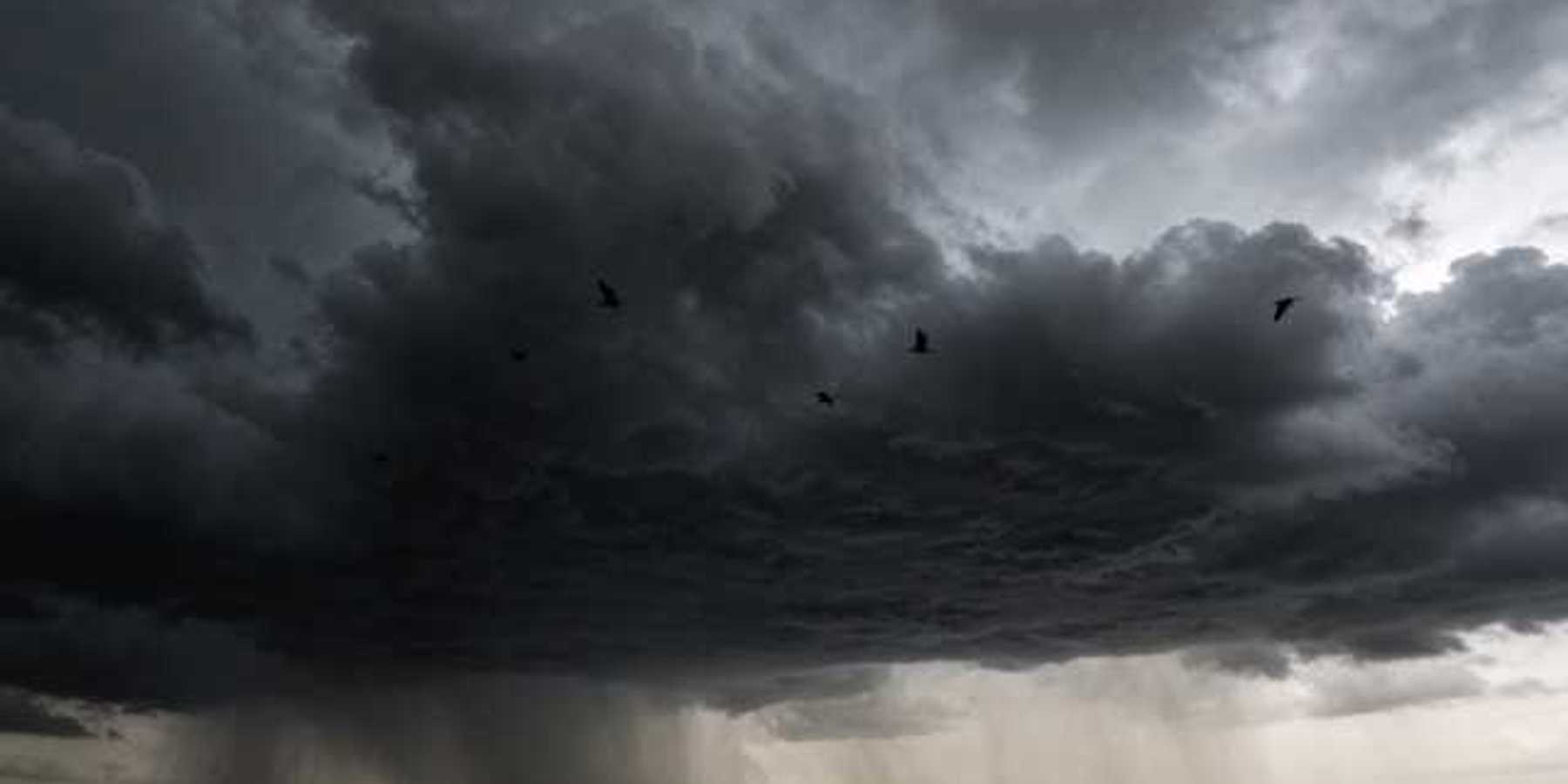EPA overrules Texas plan to reduce haze from air pollution at national parks
Inside Climate News reporter Martha Pskowski writes that critics call the state’s plan, which rejected a request to cut sulfur emissions at coal plants, a “do nothing” strategy. The EPA now wants six power plants to slash emissions by 80,000 tons.
In a nutshell:
Environmental groups, led by the National Parks Conservation Association, are urging state and federal regulators to address air pollution at national parks through the EPA's Regional Haze Rule. While Texas submitted an initial plan, it was deemed inadequate by the EPA, leading to proposed strategies including emission reductions from major coal plants. The debate continues over reducing pollution and protecting iconic parks in Texas, such as Guadalupe Mountains and Big Bend.
Key quote:
“Everyone tells you to go outside and get some fresh air,” says Cristina Ramirez, a participant in the Texas Young Leaders Advocacy Council. “But what happens when the places that you’re supposed to get outside are not really safe from the effects of air pollution?”
The big picture:
The burning of coal releases harmful pollutants such as sulfur dioxide, nitrogen oxides, and particulate matter into the air, which can lead to respiratory problems like asthma and bronchitis. These pollutants also contribute to the formation of smog and haze, reducing visibility and exacerbating respiratory issues. In addition, coal-fired power plants emit toxic heavy metals like mercury, which can contaminate water bodies and enter the food chain, posing risks to neurological development and overall health.
Read the article at Inside Climate News.
Brian Bienkowski notes that swapping out coal energy for solar would prevent 52,000 premature deaths in the United States every year.












